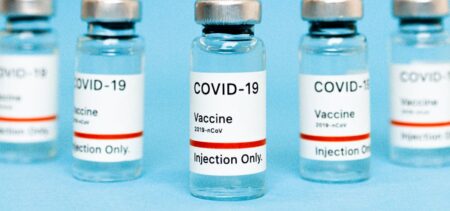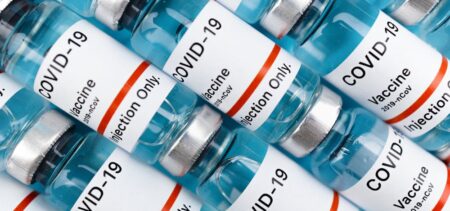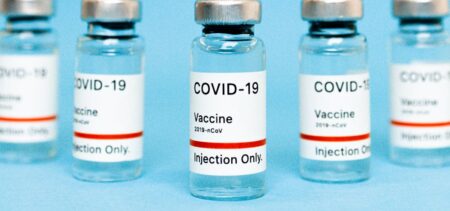As the COVID-19 pandemic continues to spread across the globe, many people are worried that the current vaccination may not be sufficient to curb the spread of the virus. While the successful development of effective vaccines has been one of the greatest weapons against the pandemic, Delta and other new variants of the virus are still making victims in the US and abroad. With clusters of people still unvaccinated throughout the country, and concerns about waning vaccine immunity on the rise, booster shots are emerging as a way of increasing immune response and providing better protection against the virus.
However, multiple questions are posed when considering boosters. Is the immune protection offered by the normal vaccines really dropping? And if so, are boosters the only option available? While social distancing measures are indeed relevant, vaccines are now considered the best option for dealing with the COVID-19 pandemic. Can the same be said for the booster doses? Is mixing COVID-19 vaccines and boosters recommended or should the same vaccine act as the third dose? American scientists and policy-makers are struggling to provide the public with answers, while biopharma companies are working to provide both boosters and cures.
Waning vaccine immunity
According to the Centers for Disease Control and Prevention (CDC) getting the vaccine protects people from falling ill or becoming indisposed with COVID-19. Vaccines are considered the best method available for protecting the public and ensuring communities are safe. However, some reports indicate that the immune protection offered by initial doses of the vaccine decreases after several months, although protection against severe illness, hospitalization, and death may remain high for a longer period of time. According to the CDC, as of October 20, 57.1% of the total US population was fully vaccinated, while only 5.9% had also received a booster shot.
While studies support that fully vaccinated individuals should still abide by social distancing measures, they also indicate that booster shots have now become necessary for those with a greater risk of developing a severe reaction to the virus. Therefore, the Food and Drug Administration (FDA) have authorized booster shots for Moderna and Johnson & Johnson Covid-19 vaccines targetted at older and high risk individuals (after Pfizer’s was previously authorized on September 22). “The available data suggest waning immunity in some populations who are fully vaccinated. The availability of these authorized boosters is important for continued protection against COVID-19 disease,” said Acting FDA Commissioner, Janet Woodcock.
Mixing and matching COVID vaccines
While many studies point to fading immunity, others indicate that mixing and matching COVID-19 vaccines may be a better option than administering the same type of shot. According to a report from the National Institutes of Health (NIH), those vaccinated with one of the three coronavirus shots authorized in the US could enjoy better results from receiving a different booster dose than their first. That is why the FDA also authorized the use of “mix and match” booster doses for currently available COVID-19 vaccines. According to the federal agency, the mixing and matching method has positive effects that ultimately outweigh the potential risks.
The FDA admits that both healthcare providers and COVID-19 vaccine recipients will have more questions about booster doses and the new method of administering them. The agency says that the individual fact sheets provided for each available vaccine will ultimately help healthcare providers make the right decision. However, the decision made by the FDA in October will not only change the future of the fight against COVID in the US, but it will also influence other countries around the world to make a similar decision. According to the Financial Times, this influence could ultimately increase demand for Pfizer and Moderna’s mRNA vaccines in locations that have previously used viral vector vaccines, like AstraZeneca.
As the COVID-19 pandemic continues to play an important role on the world’s stage and the development of vaccines and cures is more important than ever. However, so is providing both healthcare providers and vaccine recipients with the best instructions on how to administer them. For now, only people over 65 years old, or those between 18 and 64 years, are more likely to experience worse outcomes from COVID-19. Whereas those with frequent institutional or occupational exposure are eligible for a booster shot. However, with the immune protection decreasing for others in the following months, the federal agency might soon extend further recommendations.





































